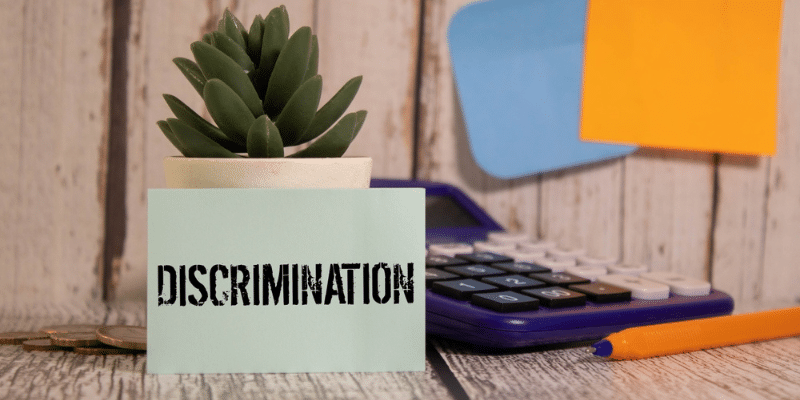Yes, and this protection begins from the moment you apply for a job. In fact, job advertisements themselves can be discriminatory in the sense of excluding people with a protected characteristic.
The case Mr F Ngole v Touchstone Leeds, before the Employment Tribunal, is a good example of how this protection applies.
Mr Ngole is a qualified social worker, and he applied to work for Touchstone Leeds as a discharge mental health support worker. This job was offered to him provided he had a clear DBS Certificate and satisfactory references.
Touchstone, which describes itself as inclusive, then, after being dissatisfied with references it had received, conducted a Google search of Mr Ngole’s name. They discovered Mr Ngole had previously been the subject of press/public attention for having been thrown out of university for writing on Facebook that homosexuality was a sin. The conditional job offer made to Mr Ngole was, because of those findings which Touchstone considered were not compatible with its inclusive principals, withdrawn. Touchstone then invited Mr Ngole to a second interview but did not reinstate the job offer.
Mr Ngole made complaints of direct and indirect discrimination and harassment and was only successful in his complaint that it was direct discrimination for Touchstone to have withdrawn the job offer made to him, on the grounds of his religion and belief.
This case had other facts and findings, but the key takeaway for the purpose of this blog is that discrimination protection applies from before the job starts.
This blog was written by Ben Lindsay, Solicitor at didlaw.
